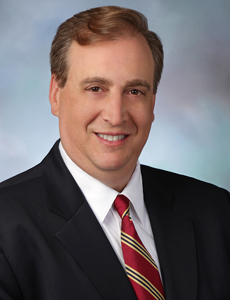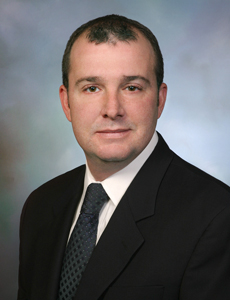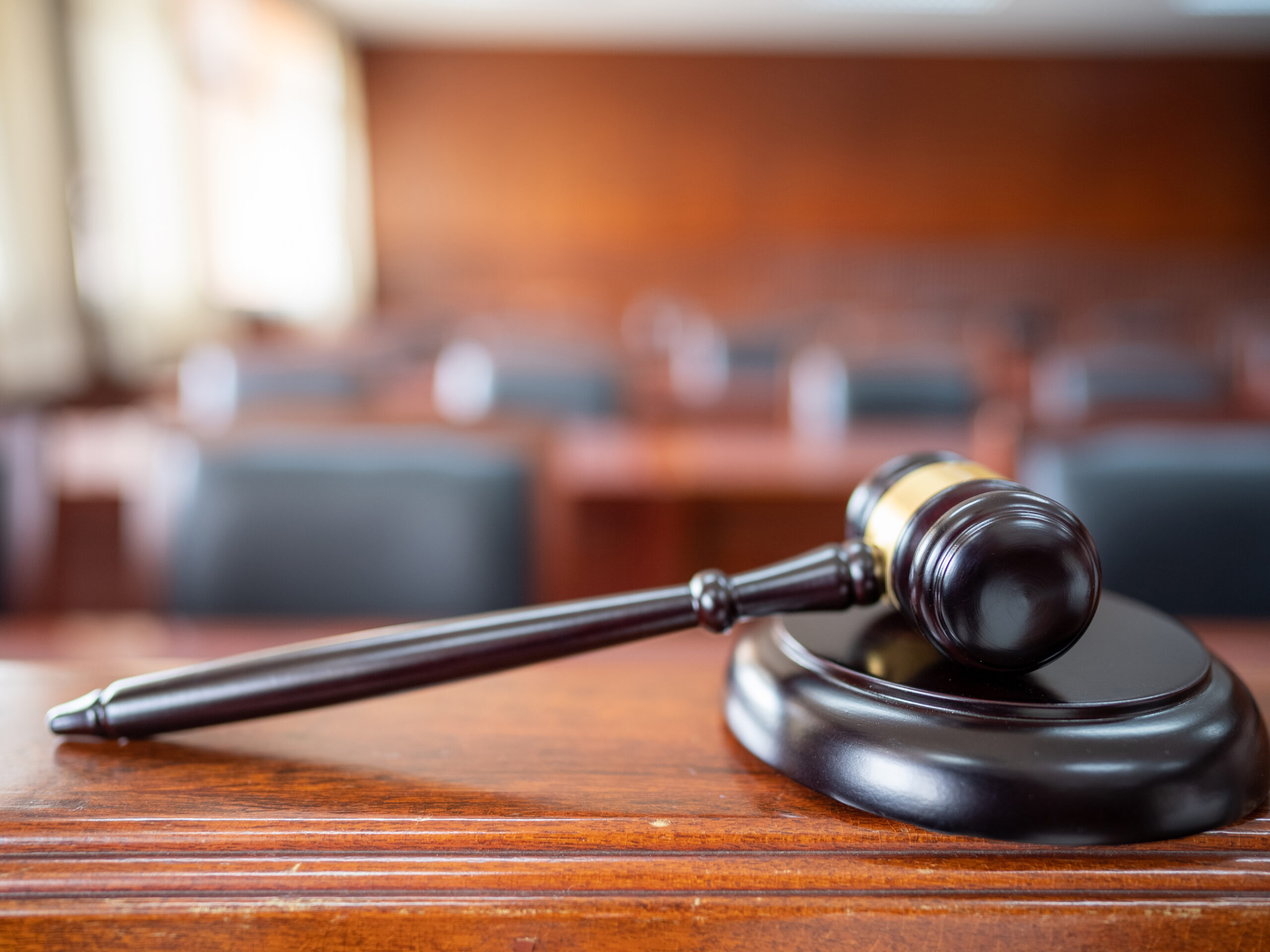FCPA Compliance
Feds Encouraging FCPA Self-Reporting

Companies can take a more proactive role in managing their Foreign Corrupt Practices Act (FCPA) exposures since the federal government launched a new program in April to encourage self-disclosure of misconduct.
The government’s focus on this area is much more robust now than it has been for many years. The good news is if companies voluntarily disclose a violation, they face much more lenient penalties.
The U.S. Department of Justice increased its FCPA unit this year by more than 50 percent by adding 10 new prosecutors, according to the Washington-based law firm Wiley Rein LLP.
In the spring of 2015, the FBI also began an effort to increase its presence in this area. That agency invested an additional $15 million for FCPA investigations and set up three new fraud squads, increasing the number of agents working on FCPA matters to 23 agents from five.
The FCPA bans U.S. companies and individuals from offering bribes or anything of value to a foreign official in an attempt to get or keep business.

Ralph J. Caccia, attorney, Wiley Rein LLP
“The government is putting their money where their mouth is in terms of their intention to aggressively investigate and prosecute these cases,” said Ralph J. Caccia, an attorney with Wiley Rein.
Caccia is a former federal prosecutor, who now defends companies and their executives in cases involving the FCPA.
The law firm hosted a conference call on June 9 to share trends and information on FCPA enforcement with other attorneys and corporate executives.
On the call, speakers said there are about 79 FCPA investigations underway, and about 80 percent of thoses cases have roots in China.
The industries that seem to “catch the eye” of investigators include pharmaceutical, health care, telecommunications and increasingly, financial services companies, Caccia said.
$133 Million in Fines
Government investigators are not looking at small cases where, for example, there’s a one-time bribe to get a shipment in early. They are focusing on the large cases that may result in big settlements, he said.
Larger targets result in increased settlements. In 2015, there were 11 corporate enforcement actions, with $133 million collected in fines.
So far this year, the SEC reached 11 corporate resolutions for settlements amounting to more than $506 million, according to Wiley Rein.
“They handled it the right way and got expeditious resolutions as a result.” — Kara Brockmeyer, chief, FCPA unit, Securities and Exchange Commission
This year’s settlement includes two non-prosecution agreements. In each case the companies self-reported the misconduct promptly, and they cooperated extensively with investigators, the SEC announced on June 7.
As a result, the companies were not charged with violations of FCPA and did not face extra penalties.
One company, Akamai Technologies, agreed to pay $671,885 after it found employees at a foreign subsidiary violated company policies by giving gift cards, meals and entertainment to foreign officials to build business relationships.
Nortek Inc. agreed to pay $322,058 after disclosing that a subsidiary made improper payments and gifts to Chinese officials to gain preferential treatment, relaxed regulatory oversight or reduced customs duties, taxes and fees.
“When companies self-report and lay all their cards on the table, non-prosecution agreements are an effective way to get the money back and save the government substantial time and resources while crediting extensive cooperation,” said Andrew Ceresney, director of the SEC enforcement division.
Kara Brockmeyer, chief of the SEC enforcement division’s FCPA unit, said in a statement that “Akamai and Nortek each promptly tightened their internal controls after discovering the bribes and took swift remedial measures to eliminate the problems. They handled it the right way and got expeditious resolutions as a result.”
Increase in Global Cooperation
To snare larger violators, federal agents are increasingly working alongside law enforcement and regulatory authorities in all corners of the globe to share leads, documents and even, witnesses.
The pilot program is designed to investigate and prosecute FCPA violations, while offering companies that voluntarily disclose violations up to 50 percent below the low end of the fine range, based on U.S. sentencing guidelines.
At the end of the one-year pilot period on April 5, 2017, the DOJ will determine whether to extend or modify the program.
In addition to voluntarily disclosing misconduct and fully cooperating with the DOJ investigation, companies also must take all appropriate actions to remediate the offense and surrender all profits from the violation.
Additionally, voluntarily disclosed cases may be acted upon and closed within one year from start of the investigation and the DOJ may not appoint a monitor afterward.
“If a company opts not to self-disclose, it should do so understanding that in any eventual investigation that decision will result in a significantly different outcome than if the company had voluntarily disclosed the conduct to us and cooperated in our investigation” said Assistant Attorney General Leslie R. Caldwell of the Justice Department’s criminal division, when the pilot program was announced.
At the end of the one-year pilot period on April 5, 2017, the DOJ will determine whether to extend or modify the program.
“The government is upping the ante in terms of what they expect to see in the way of cooperation in these cases,” Wiley Rein’s Caccia said. “They want companies to realize these violations can’t be viewed as simply the cost of doing business anymore, but that individuals could possibly go to jail.”
Appropriate Compliance Programs
Increased FCPA activity should compel changes in the way corporations conduct and document internal investigations.
Corporation should increase internal documentation to include not just what they are doing right, but also what has gone wrong and how it’s been addressed, said Daniel B. Pickard, an attorney with Wiley Rein.

Daniel B. Pickard, attorney, Wiley Rein LLP
“The Department of Justice continues to deputize private industry to investigate itself,” Caccia said.
Companies can stay FCPA compliant by conducting more sophisticated risk analysis and increasing periodic outside audits.
“It is undeniable we will see compliance changes matching enforcement trends,” said Pickard.
His firm sees corporations spending more money on compliance infrastructure, especially on the chief compliance officer, he said.
CCO salaries jumped in the past 12 months and those executives are getting more authority; frequently reporting to the CEO.











